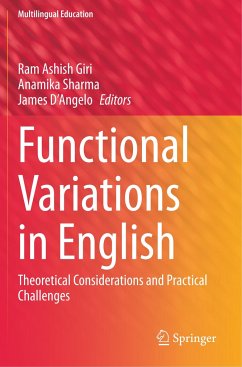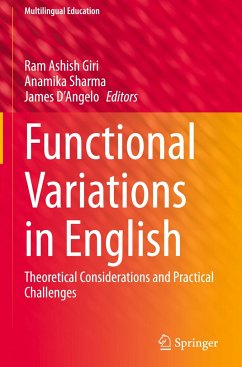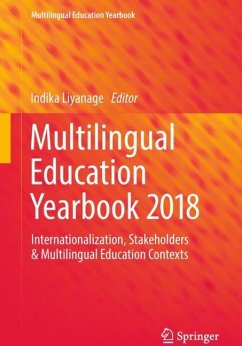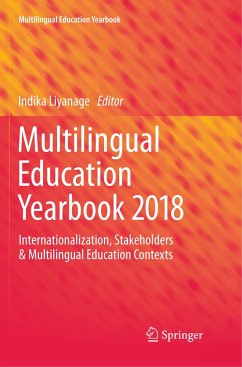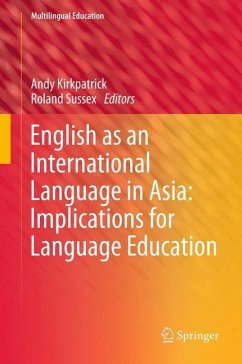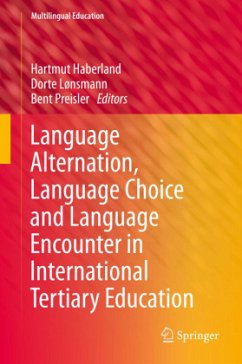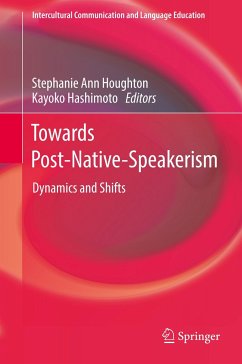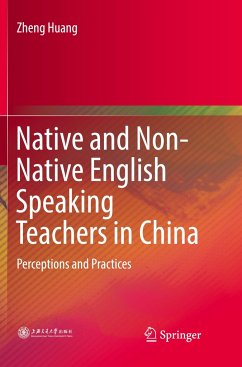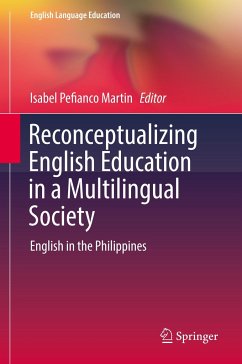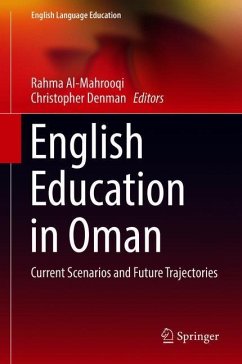
Brunei English
A New Variety in a Multilingual Society

PAYBACK Punkte
52 °P sammeln!
This book is a revised and updated edition of the first ever monograph wholly dedicated to the systematic linguistic description of Brunei English. Deterding and Salbrina (2013) provided a comprehensive coverage of the history, structural properties (on the levels of pronunciation, grammar, discourse and vocabulary) and social (and educational) settings of Brunei English. After almost a decade, several notable changes have since been observed in the Bruneian variety of English, and this second edition chronicles the ongoing narrative of language change and discusses the current trends in the u...
This book is a revised and updated edition of the first ever monograph wholly dedicated to the systematic linguistic description of Brunei English. Deterding and Salbrina (2013) provided a comprehensive coverage of the history, structural properties (on the levels of pronunciation, grammar, discourse and vocabulary) and social (and educational) settings of Brunei English. After almost a decade, several notable changes have since been observed in the Bruneian variety of English, and this second edition chronicles the ongoing narrative of language change and discusses the current trends in the use of Brunei English. In addition to presenting a contemporaneous account of English in Brunei, this book also incorporates the role of variation within this variety, thereby addressing a limitation of the first edition. The book also provides a discussion on the impact the rise of English has had in the shaping of the Bruneians' sense of self, and their interactions between and across social groups. Based on the newly acquired data, the book re-assesses Brunei English's position in the context of Global Englishes.



